In the lush fields of Singisi village, northern Tanzania, Neema Mduma is on a mission to revolutionize the way farmers care for their crops. With a smartphone in hand, she's demonstrating a cutting-edge mobile app that's changing the face of agriculture in the region. The app, KilimoAI, uses artificial intelligence to diagnose plant diseases, empowering farmers to make informed decisions and boost their yields.
Neema, a computer scientist at the Nelson Mandela African Institution of Science and Technology, has been working on KilimoAI for years. Her team has developed the app in-house, leveraging machine learning algorithms to analyze photographs of plant leaves and detect possible disease symptoms. The app's accuracy is impressive, with a verification process involving plant pathologists at the Tanzania Agricultural Research Institute ensuring that the diagnoses are reliable.
As Neema shows the farmers how to use the app, her passion for agriculture and technology shines through. "I grew up in a farming community," she explains, "and I've seen firsthand the challenges that farmers face. With KilimoAI, we're not just providing a tool – we're giving farmers the power to take control of their crops and their livelihoods."
The story of KilimoAI begins with a simple idea: to use technology to address the pressing issue of plant diseases in Tanzania. According to the Food and Agriculture Organization (FAO), crop losses due to diseases can reach up to 40% in some regions. In Tanzania, maize, beans, bananas, and potatoes are among the most affected crops. Neema's team recognized the need for a solution that was both effective and accessible.
To develop KilimoAI, Neema and her colleagues collected thousands of photographs of plant leaves from farms across the country. They worked closely with plant pathologists to verify the images and ensure that the app's diagnoses were accurate. The result is an app that can detect a range of diseases, from fungal infections to bacterial blights.
The impact of KilimoAI is already being felt in the region. Farmers who have used the app report improved yields and reduced losses due to disease. "KilimoAI has been a game-changer for us," says one farmer, who wishes to remain anonymous. "We can now identify diseases early and take action to prevent them from spreading. Our yields have increased significantly, and we're able to sell our crops at a better price."
Neema's work on KilimoAI has also sparked interest from researchers and policymakers. "Neema's project is a great example of how AI can be applied to real-world challenges in agriculture," says Dr. Kang-Chun Cheng, a researcher at the University of California, Berkeley. "Her work has the potential to make a significant impact on food security and sustainable agriculture in Tanzania and beyond."
As Neema looks to the future, she's excited about the possibilities for KilimoAI. "We're already working on expanding the app to include more crops and diseases," she says. "We also want to integrate the app with other tools and services, such as weather forecasting and market pricing, to provide farmers with a more comprehensive view of their crops and their business."
In the fields of Singisi village, Neema's work is a testament to the power of technology to drive positive change. With KilimoAI, she's not just developing a tool – she's empowering farmers to build a brighter future for themselves and their communities. As the sun sets over the fields, Neema's passion for agriculture and technology shines through, inspiring a new generation of innovators and changemakers in the region.
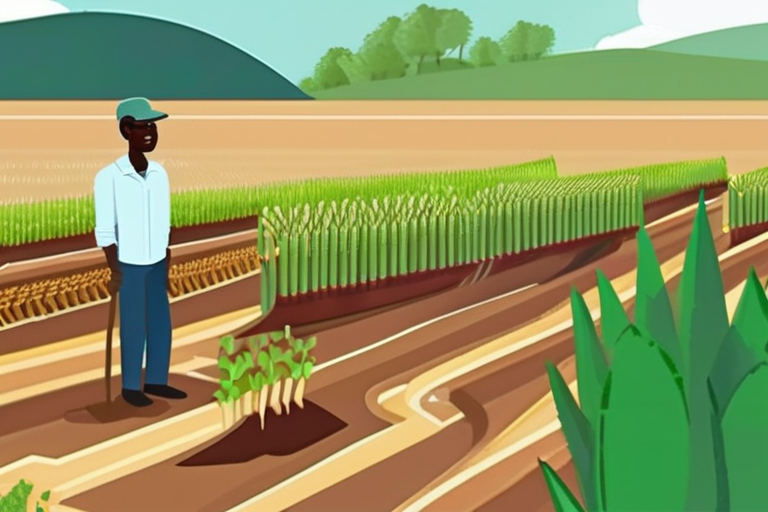


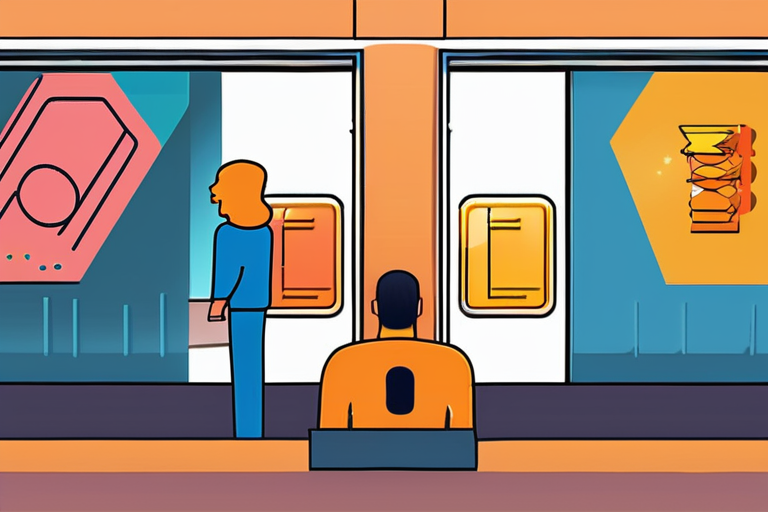

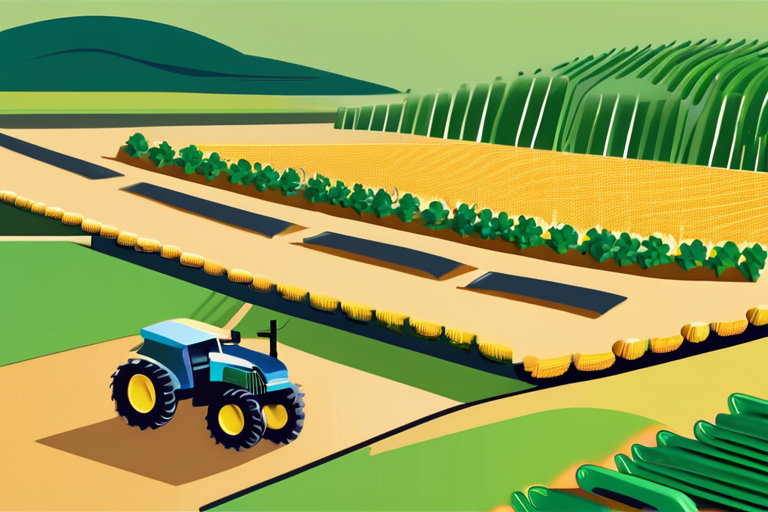
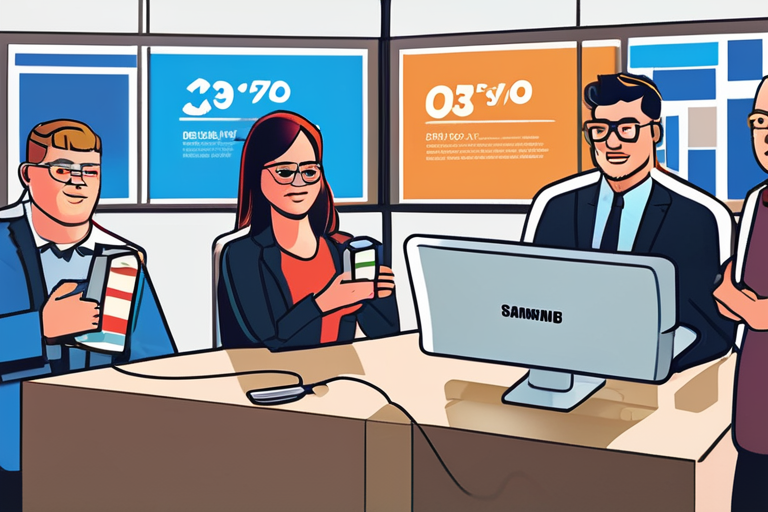
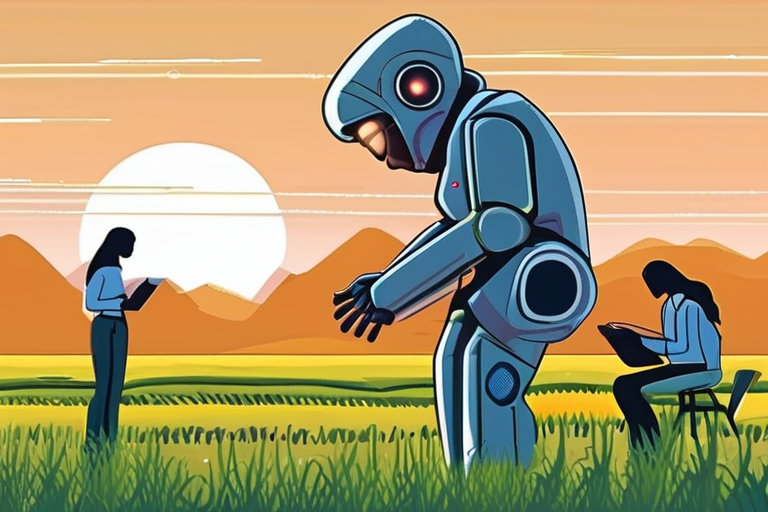
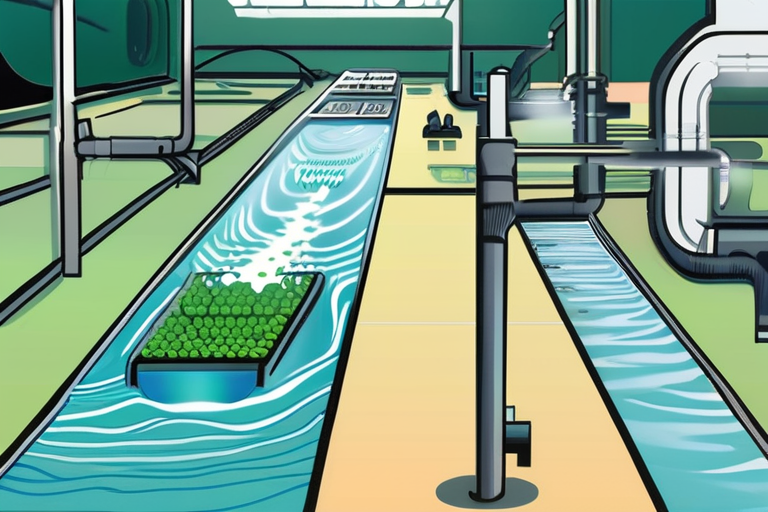
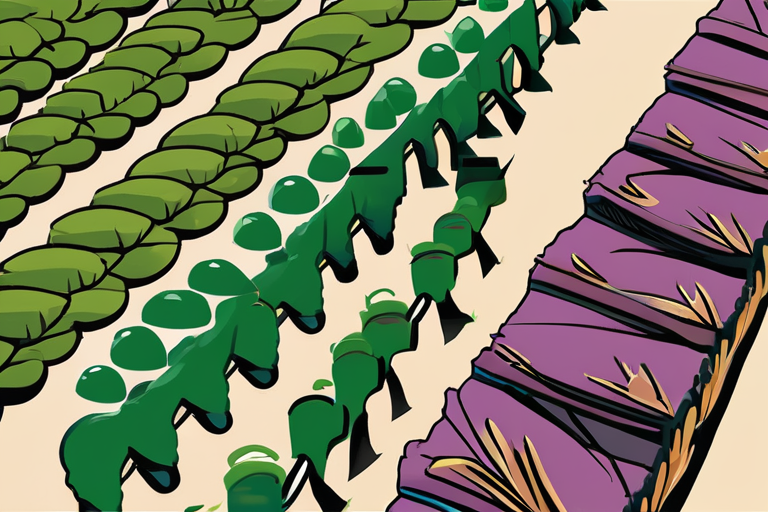

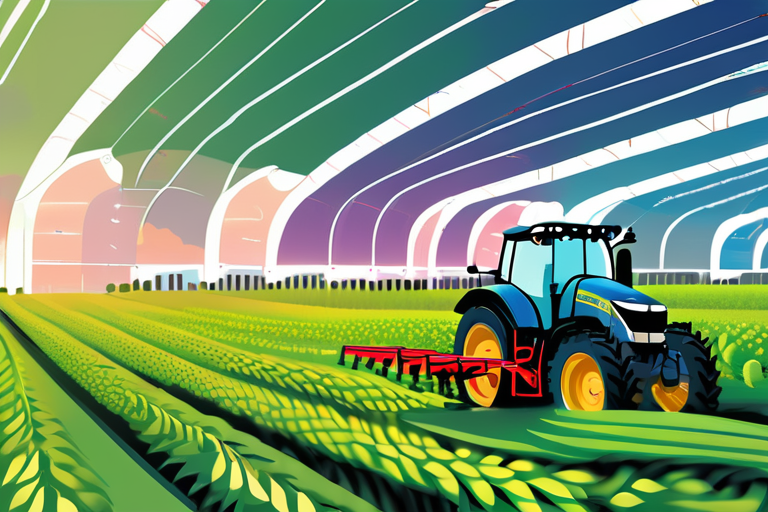
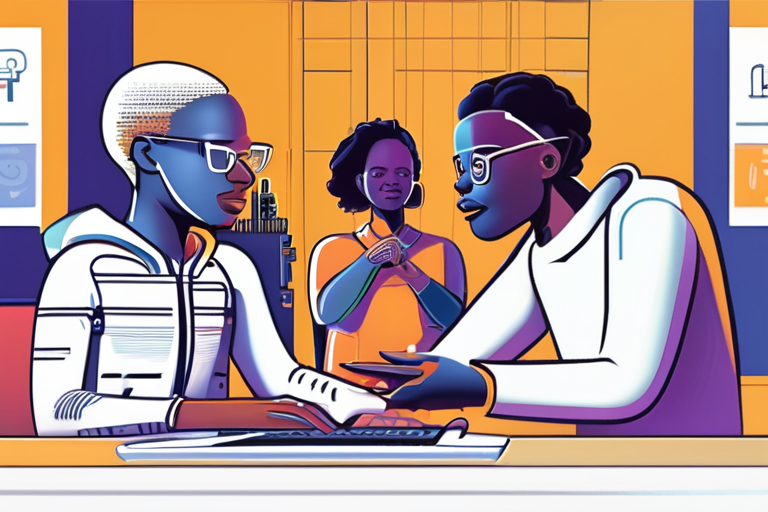
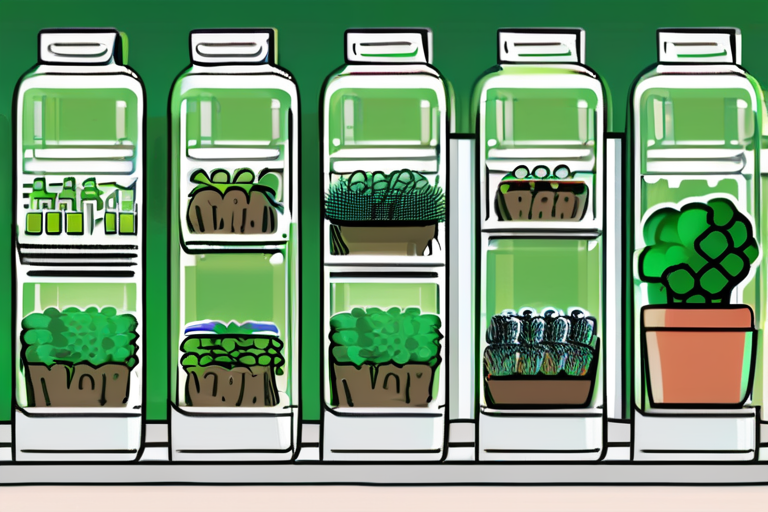

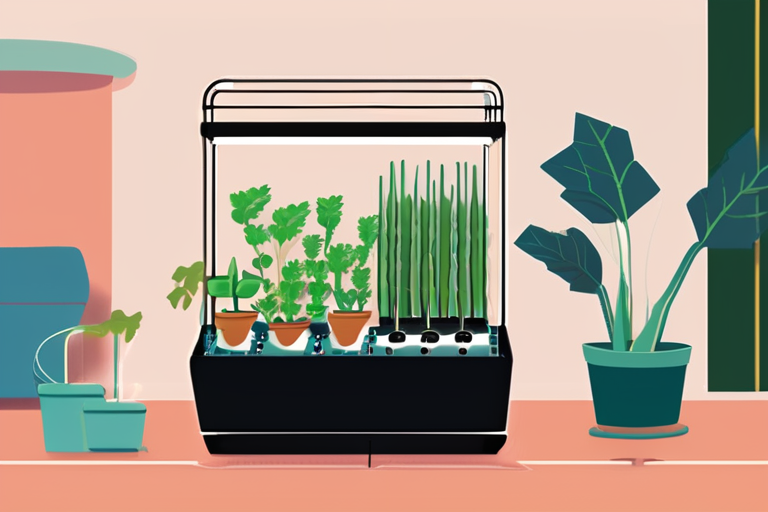

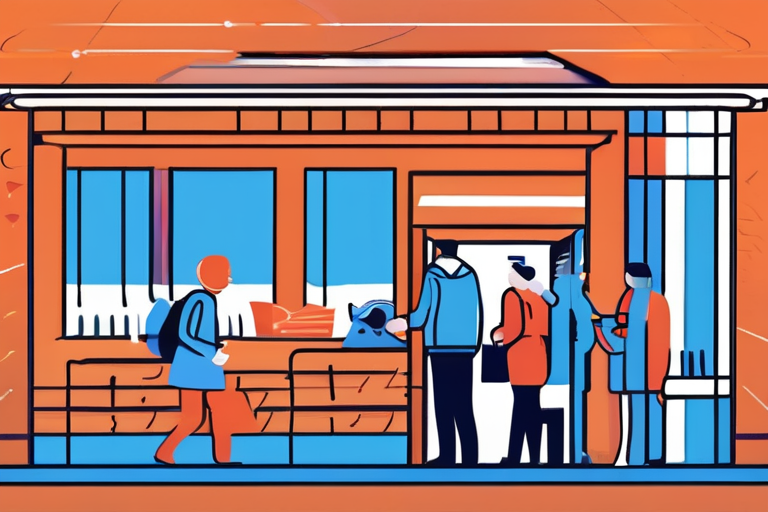
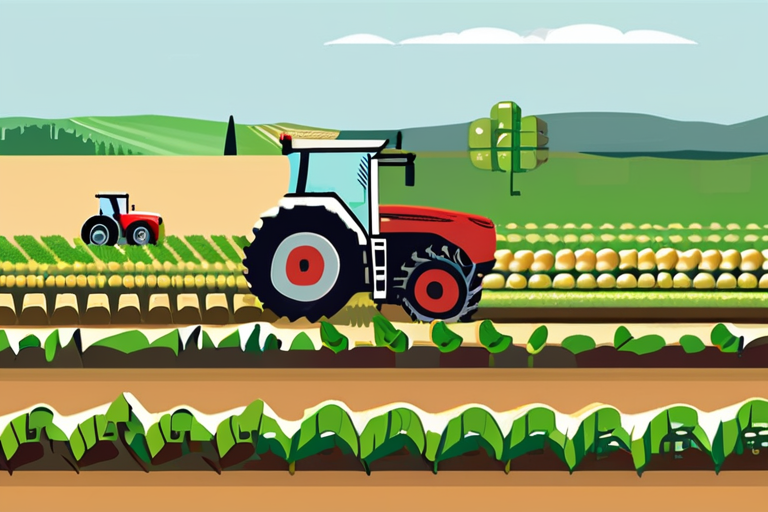
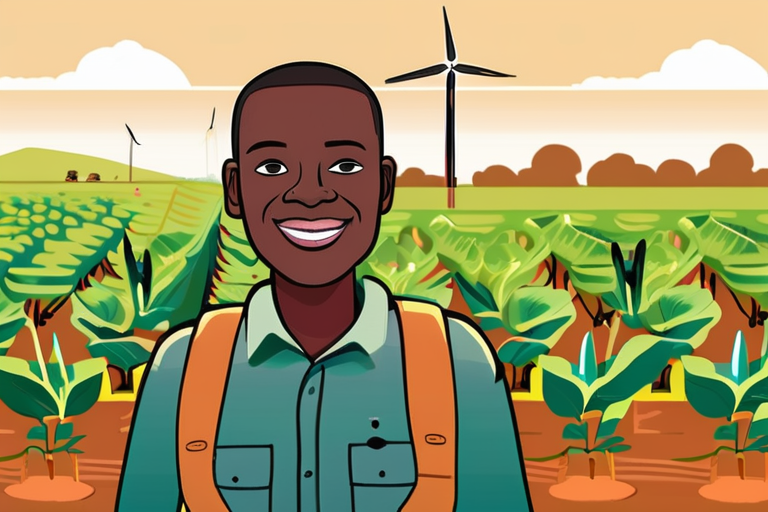
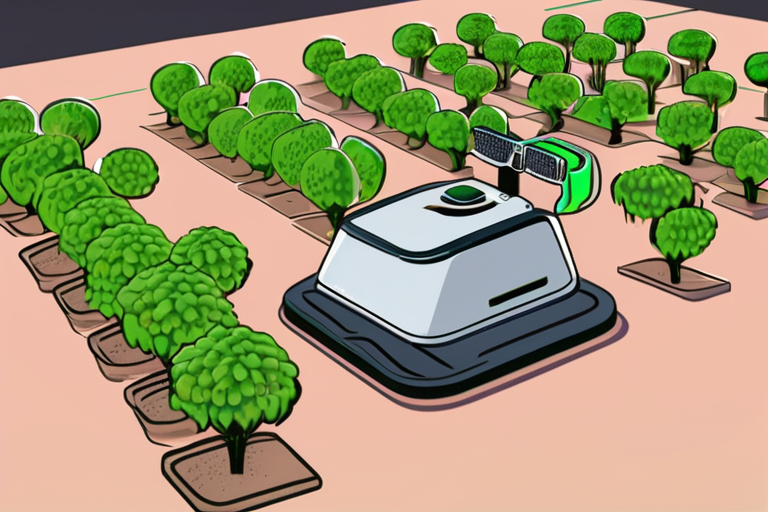

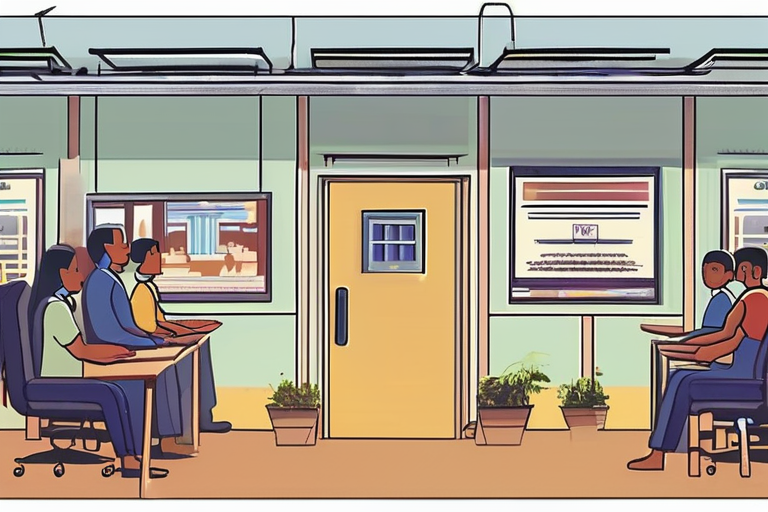

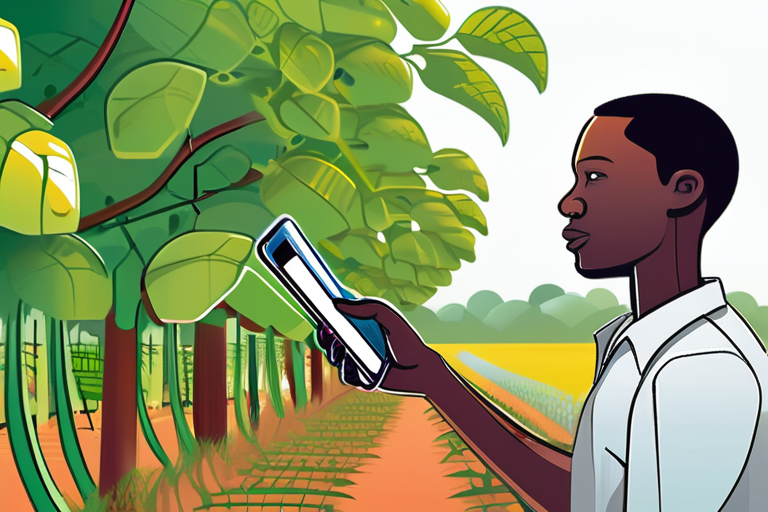
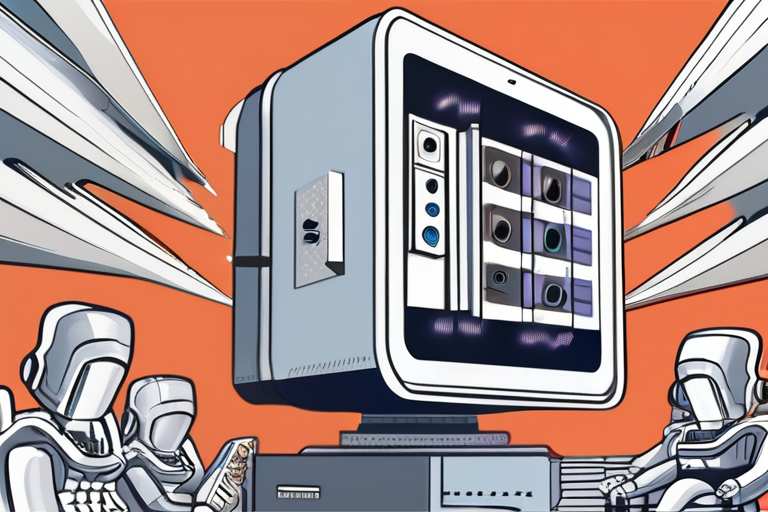
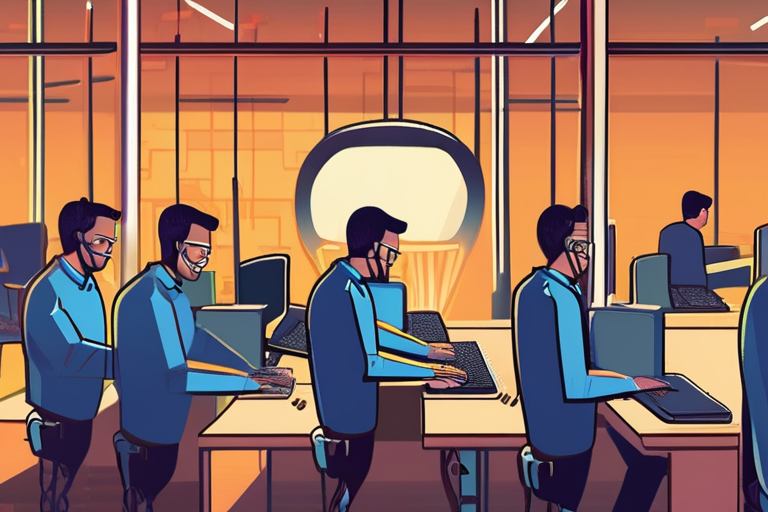
Share & Engage Share
Share this article